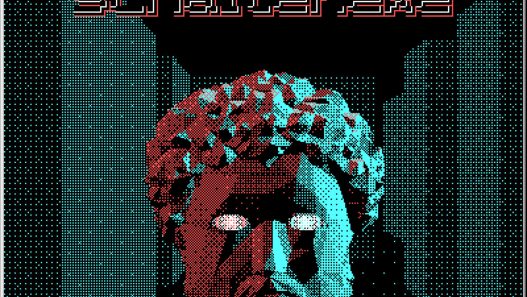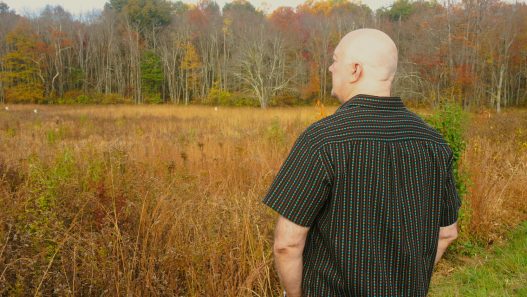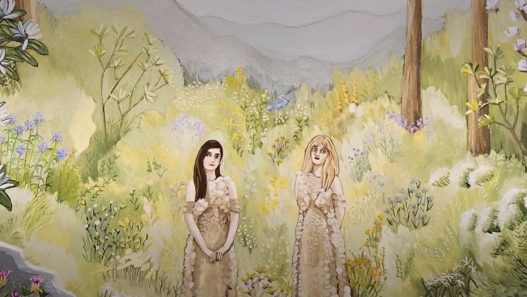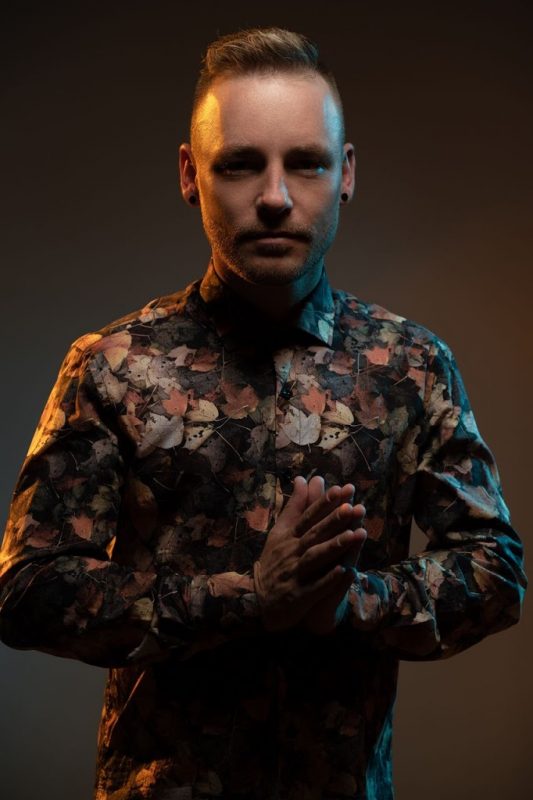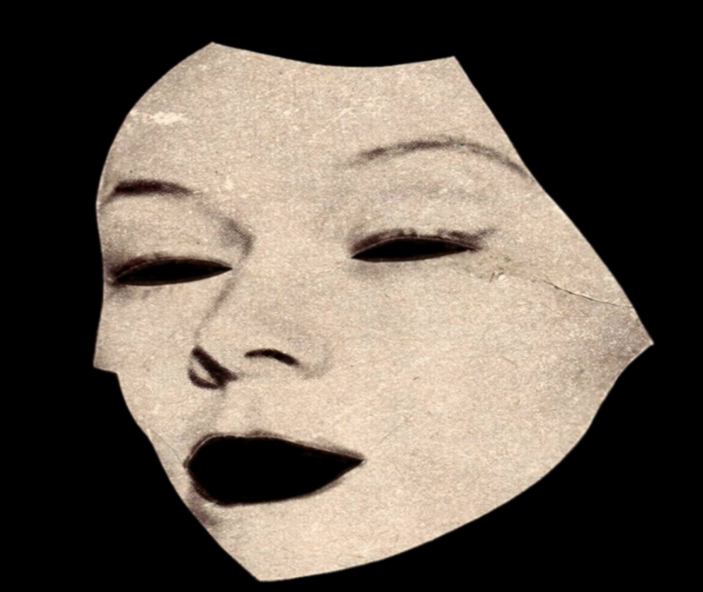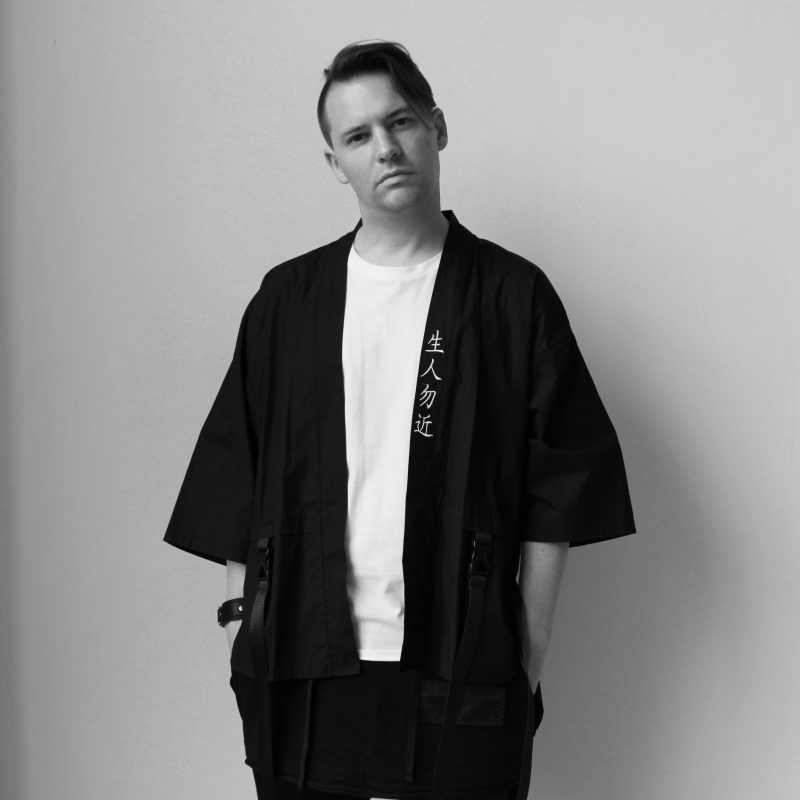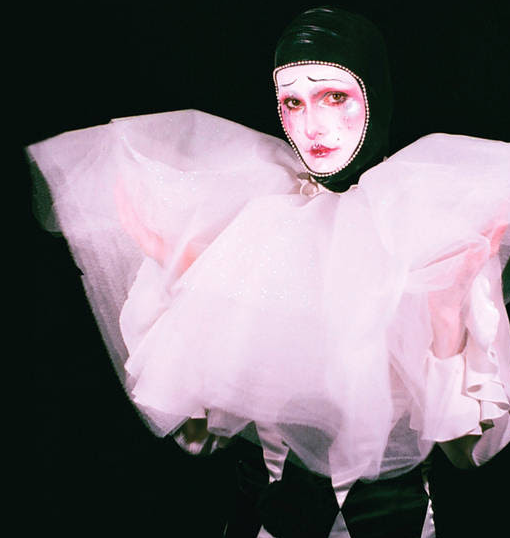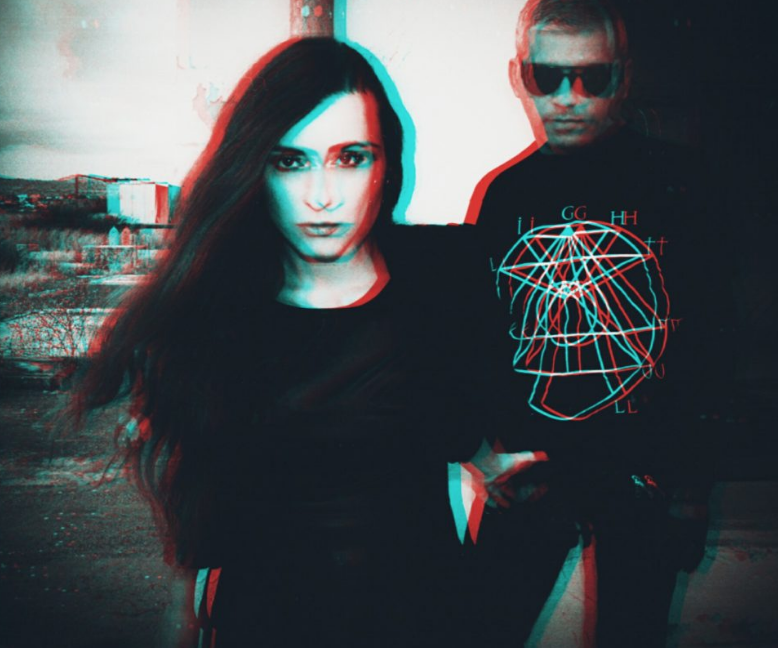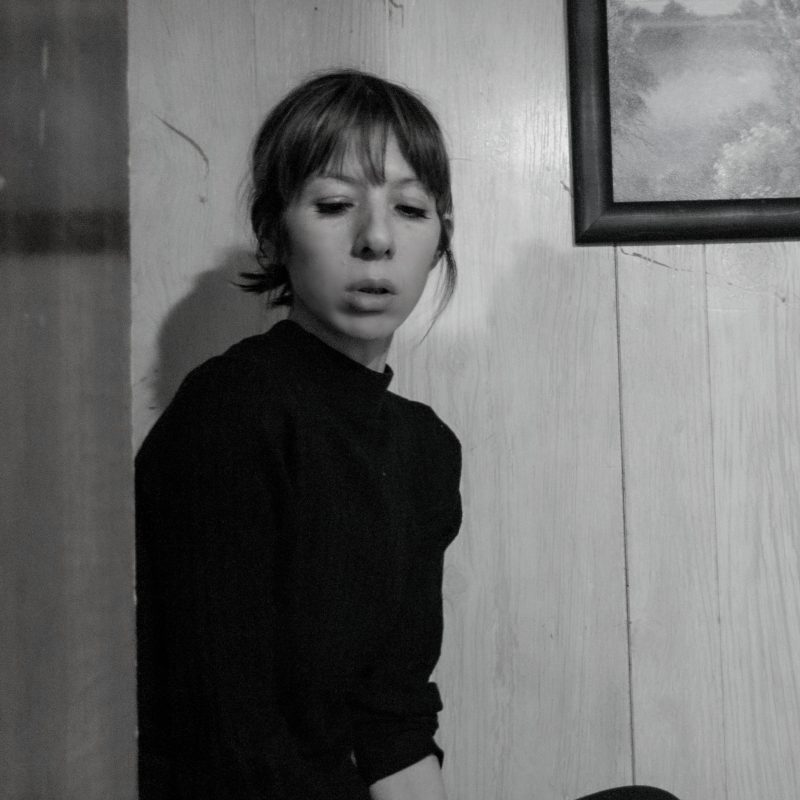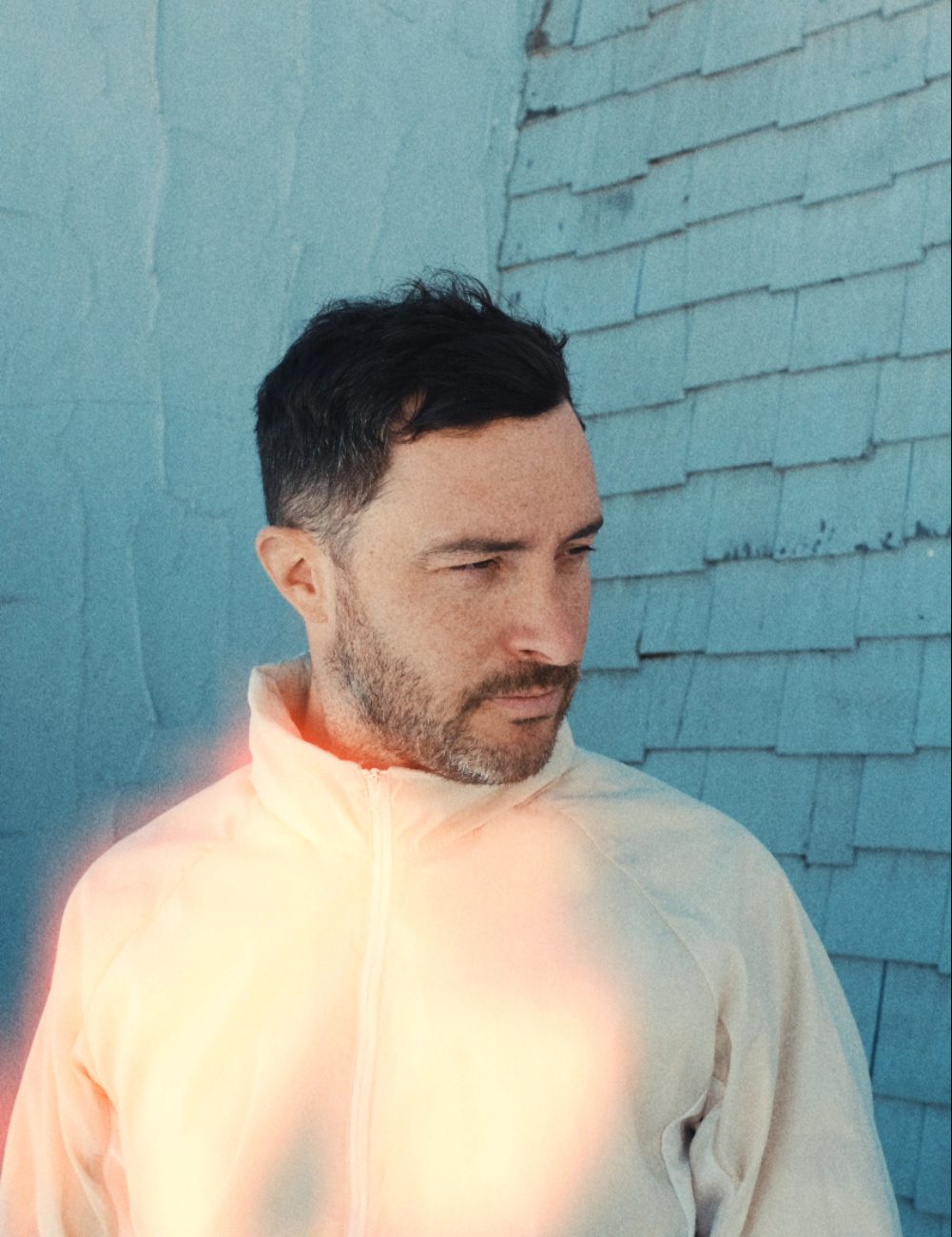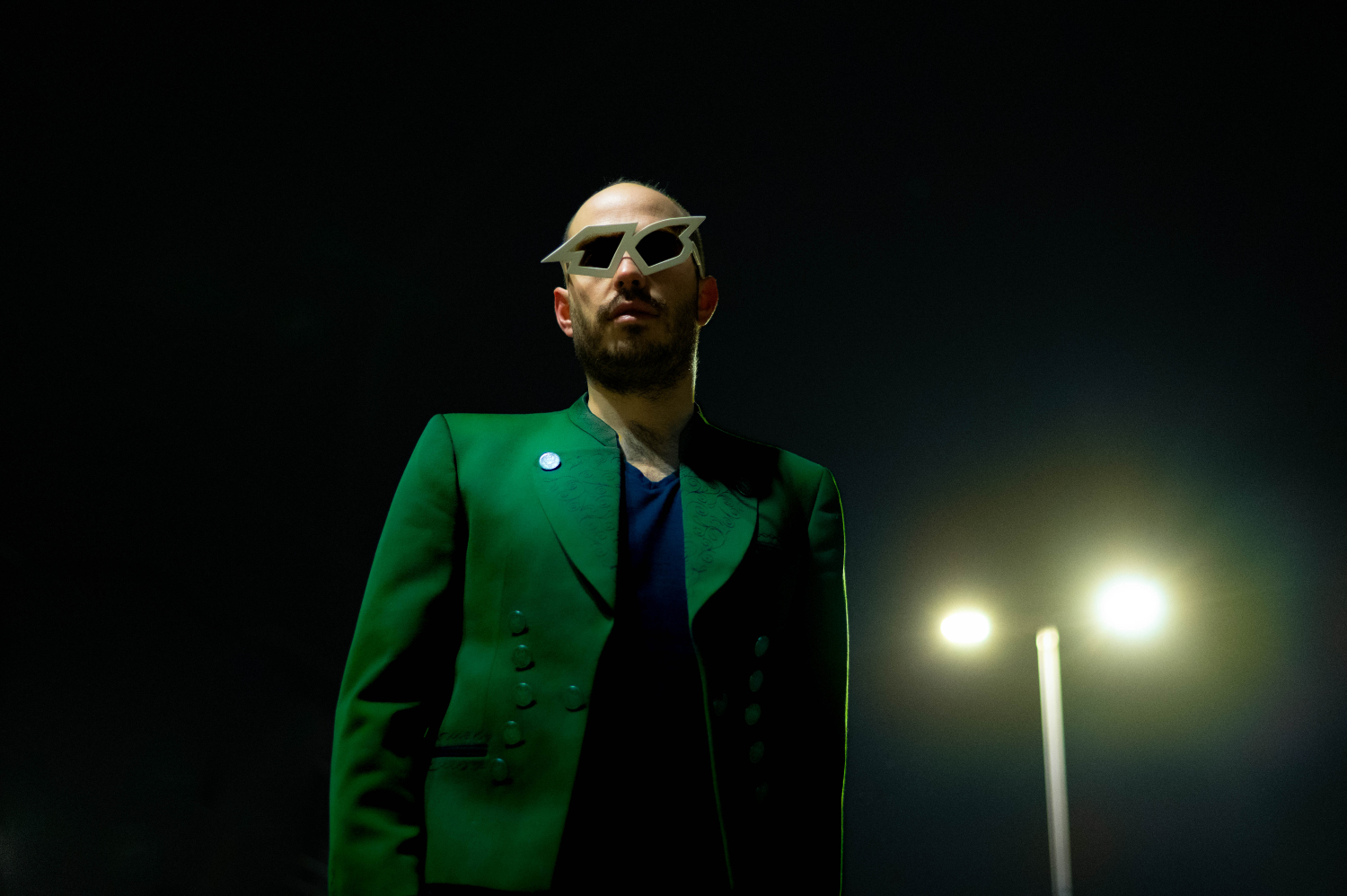Donor Lens is a duo of Thom (Love in Dust, Wichita LimeWire) and Jay (Kid Neon, Timeshare 94). They make both sample-free and sampled music across a variety of vaporwave and vw-adjacent styles.
Donor Lens return with the follow-up to their debut album Miracle Lounge.
On 25th March 2020, during the Covid-19 epidemic, the UK government ruled that off-licences were considered ‘essential retailers’. “Midnight Store” is inspired by a real-life cornershop in Cardiff where the pair (along with MPF Co-founder Enzo) pick up their weekend beers. The music portrays an increasingly hazy evening, punctuated by return trips to the shop to pick up supplies.
The album blends UK dance rhythms with ambient works, eccojams and vapor-pop, sung by guest vocalists Jana Tyrrell, Azeem Shah and DATAGIRL. Field recordings collected in the Midnight Store and convenience shops across Britain, Hong Kong & Taiwan run throughout, lending a cinematic and documentary aspect. The record observes patterns of repetition in behaviour and branding, and the universal nature of our escapist rituals.
The album will be released on July 31st 2020 via UK-based vaporwave label My Pet Flamingo. It will be available on limited edition vinyl, cassette, MiniDisc and also a super-limited edition run of ZX Spectrum Next playable SD Cards – the first album to be released on this format. It was mastered by Angel Marcloid (Fire-Toolz, MindSpring Memories), and the art is by Tropical Virtual.
Enjoy the first listen of ‘Shelves Stacked High’ from “Midnight Store” and read on to get to know more about the masterminds behind the art.
What was your first entry into music appreciation? And music production?
Thom: As a kid, I studied classical clarinet and jazz drums, while also producing in toy DAWs (eJay, Magix & MTV Music Generator) and learning how to use a small collection of synths (Juno, SH-101) & Electribe grooveboxes that still feature in our productions today.
Jay: I started learning classical guitar when I was 5. I pretty quickly ditched that in favour of heavier tones – I mostly wanted to emulate the stuff I’d heard on the soundtracks to skateboarding video tapes. I was obsessed with rock/metal/emo for most of my teenage years, but was also learning Indian Classical music on sitar. I produced psytrance and drum n bass under the name Lysergic Pig before making synthwave/retrowave as Kid Neon (which I still produce as), followed by my vaporwave project Timeshare ‘94, which me and my brother Enzo (van Baelen) created in 2017.
What led you to the styles and sounds you work with today?
J: We take direct inspiration from the different genres we listen to and are involved in. For example, you can hear traces of metal/emo in my guitars, alongside more jazz fusion-y harmony from Thom. We keep an open mind and open ears. We’ll include whatever we think serves the track. Ideas can come from anywhere.
T: Vaporwave is a natural fit for us – it’s all about collaging disparate elements and challenging the audience to uncover references/make sense of it. I came across the genre as it was emerging in the early 2010s, largely through writers like Mark Fisher, David Keenan and Adam Harper – vaporwave sounds great when written about as there is so much potential for interpretation. Under the name Love in Dust, I made ambient/experimental productions that were referential and conceptual (essentially vaporwave), but mainly sat on hard drives and private Soundcloud pages. I hadn’t really thought to identify with vaporwave and broadcast the music to that audience until linking up with Jay and starting Donor Lens.
What key pieces of gear/software are you using to define your sound?
T: We work remotely between London and Barry in Wales, so software-wise, we’re very dependent on WeTransfer and Google Drive to send parts back and forth. It is an open secret that producers use YouTube-to-MP3 converters to pull sounds from obscure corners of the internet too. The Donor Lens sound is melding this modern ‘sound of file sharing’ (which we explore more ideologically in our Wichita LimeWire and Timeshare 94 side projects) with fairly traditional session musician skills. We both play guitar, drums and keys to a decent standard and like to blend original elements into a sample-heavy genre. We’re interested in capturing the sound and spirit of great records we’ve heard before, whilst hopefully contributing something new to the form.
J: Along with sampling and warping techniques, we almost always play keys, live guitars with occasional singing & sitar. We regularly collaborate with other musicians too, including Jana Tyrrell (vocalist) and Alister Wedderburn (fretless bassist).
How has your arsenal of equipment changed since you first started?
T: When we formed Donor Lens, I was building a small project studio and Jay was moving to Wales. Now we’re more settled, we’re able to make more use of bulkier hardware such as a Dave Smith Prophet. We like granular/micro-looping devices from Red Panda and Chase Bliss that can manipulate pitches and time in a way that is totally off-grid and playful. The iZotope Iris plugin is also incredible for sculpting improbable sounds – we’ve carved hidden messages or drawn shapes into waveforms before for no reason other than nobody else will have used that exact sound.
J: I’ve upgraded my studio since the first album. My main toys are a Korg M1, A MicroKORG and a Juno Boutique. I use a tele for guitar parts and there’s a Yamaha bass and beautiful sitar on hand. That said, a lot of tracks were sketched out on a laptop while riding National Express coaches from London to Barry. Looking ahead, we plan to incorporate our acoustic instruments (winds, drums, sitar) more into our sound and work occasionally in professional studio spaces.
What inspires you outside of music?
T: Most vaporwave music seems to be inspired by the internet or a mythologised past. Our music is about quite dumb/mundane things, as well as a few more profound ideas, all real-life and contemporary. We have tracks like ‘Zamoo’ and ‘Complimentary Buffet’ that are inspired by a Bethnal Green kebab shop with a bounteous salad bar. ‘One Stop Shop’ on “Midnight Store” reels off a list of cheap lagers we select from before watching Spurs games (we’re both big fans). But we’ve also got tracks about the alienation felt from conducting our lives through video conferencing software (‘Distant’), and the glamour/trudge of travel & commuting (‘Talking Alone’). I don’t think music inspired by boredom is inherently boring.
J: It’s a mixture of serious/silly with Donor Lens. Our new album is about an off licence round the corner from me where we buy beers from on the weekend, but it’s not a straight-up party record. For each new project, we build a world where all the sounds, lyrics and ideas fit the concept – a common fixation seems to be strange buildings and a sense of limbo/being in between places.
We both have solo projects as outlets to explore ideas we wouldn’t normally in Donor Lens. Thom released an amazing album as Wichita LimeWire about breaking the family computer with illegal downloads in the 2000s. I make more plunderphonic sample stuff as Timeshare. Perhaps inevitably, some of these ideas and attitudes have since fed back into Donor Lens.
When you compose and produce tracks, do you make music for yourself or do you make it with others in mind?
T: When we made “Miracle Lounge”, we were unsure how it would be received and if it would be accepted ‘as vaporwave’. It’s since built up a small following and those listeners all have different favourites. It’s not possible to predict what our audience will latch on to – the only certainty is they want to be taken to unexpected places. “Midnight Store” introduces new elements such as harsh breakbeats, self-sampling plunderphonics, and pop ballads sung by guest vocalists Jana Tyrrell and DATAGIRL. Our focus when writing was purely on the world of ‘the midnight store’ – a surreal 24 hour shop, stocked with essentials and intoxicants. Now that’s it done and due for release, we can start thinking about the fans. We really hope they buy into this vision.
J: We work quickly and with a sense of urgency. Quite often, there’s an idea that needs to be immediately recorded. We’re constantly sending each other little ideas and snippets, and we’re always working on the next album or release. It’s often happening so fast we’re not thinking of much else, but I like the idea that people will listen to our music and feel something.
What is the best or strangest reaction you’ve had to your music this far?
T: We introduced our first track on the My Pet Flamingo podcast, a while before “Miracle Lounge” was released, and piqued the interest of a committed vapor fan from Crimea. When we released the record on Bandcamp, we sat watching copies fly off to Taiwan, Japan, Australia, Lithuania etc. on the homepage ticker. It was surreal to see, and apt given the record was about an inter-connected, international network.
J: We’ve nearly sold out of all formats of “Miracle Lounge”. It blows my mind that people are willing to invest in physical products when we’re told constantly that music isn’t worth anything any more.
What is your opinion on the ever-expanding genre tree? How do you navigate categorizing your creative output?
J: I think that people get too bogged down with trying to put music into different boxes. Just stop worrying about it and enjoy it.
T: That said, I think the fact there is a clear, identifiable community around vaporwave is one of its big strengths and proves it’s more than a trend or meme. The genre is able to accommodate wildly disparate artists like Winterquilt who makes MIDI black metal music, and kawaii future funkers like Strawberry Station. Vaporwave has largely resisted exploding into a genre tree unto itself, though we accept it’s a pretty niche branch to begin with. The parameters are determined by the community and it’s a massively broad church, with a few gatekeepers who try to shut down exciting new voices. They should be ignored.
Do you consider the Internet and social media as fundamental in building a career in music today, and what is your personal relationship with the new technology at hand?
T: For our kind of music, definitely. Our workflow hasn’t been interrupted by the Covid-19 lockdown as we were already set up to work remotely and pitch our music to a very geographically diverse audience. Of course, there is something romantic about mysterious, anonymous producers like Burial/Zomby or early vaporwave producers with Unicode and Wingdings Bandcamp pages. But most musicians who fit this profile go completely unheard, and the success stories are reliant on huge strokes of luck or someone else doing social media promotion for them. It’s easy to rag on social media, but there’s an argument that to be truly DIY, you have to master it yourself.
J: Fans feel a lot closer to the artists and artists interact with each other as fans. There are
downsides to social media (and I miss my flip phone!), but it allows us to do what we do.
What can we expect from you in the near future? Any upcoming projects or releases in the pipeline that you would like to tell us about?
T: Well the big thing is the release of “Midnight Store”, our second album. Following that, we have a load of collaborations with other artists in the scene, and we have the mammoth task of scoring Nobody Here: The Story of Vaporwave, which is a feature-length documentary about the genre.
J: Yeah that is going to be our main focus for the foreseeable future. There’s a pop single out with Jana called ‘Negotiable Instruments’ and we’ve got ideas for our next album but more about that soon.
Follow Donor Lens
Twitter – Instagram – Bandcamp – SoundCloud

